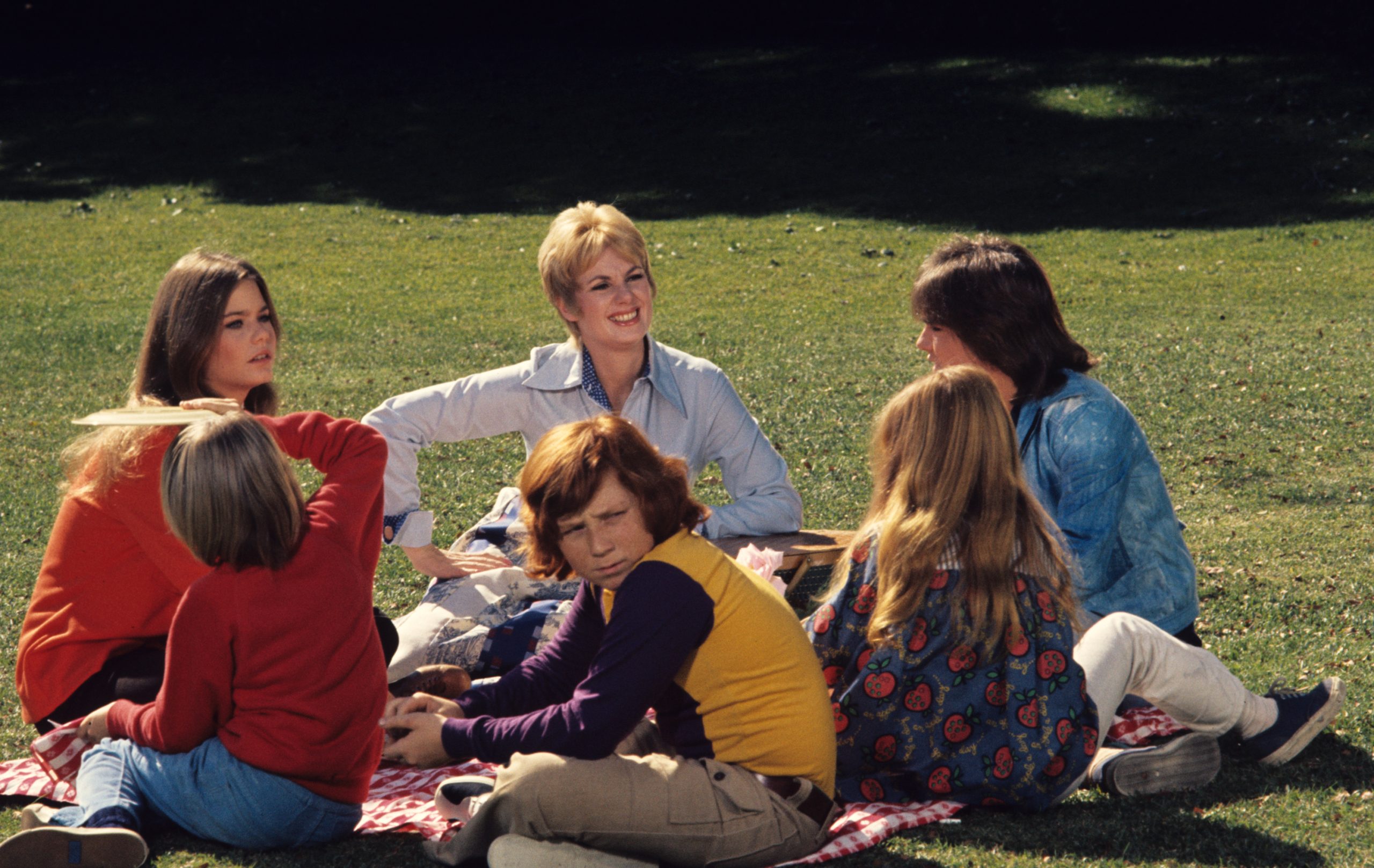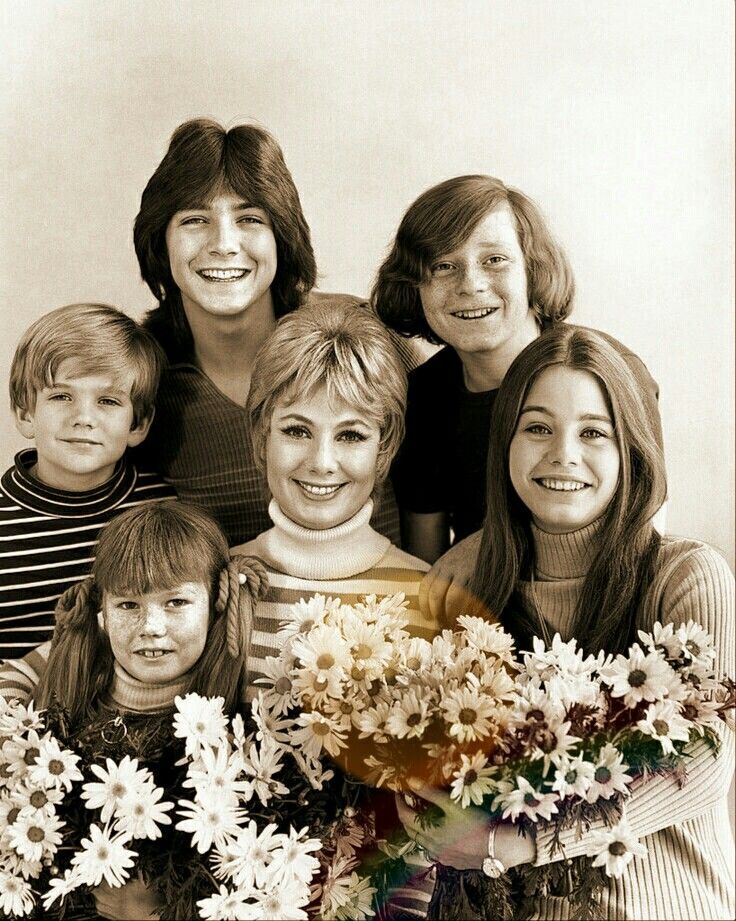
A Melancholic Reflection on Solitude and Yearning
In the tapestry of 1970s pop culture, few phenomena captured the imagination quite like The Partridge Family. A television show-turned-musical sensation, it etched itself into the hearts of countless fans with its infectious melodies and endearing cast. Among its musical offerings, “Alone Too Long” stands out as a poignant exploration of loneliness and longing—a theme as timeless as the music itself.
“Alone Too Long” was released as part of the album “Up to Date” in 1971. The album, which soared to remarkable heights on the charts, peaked at No. 3 on the Billboard 200, solidifying The Partridge Family’s status as pop icons. While not released as a single, “Alone Too Long” found its place in the hearts of listeners who delved deeper into the album’s tracks, offering a more introspective counterpoint to some of the group’s more upbeat hits.
Penned by prolific songwriters Tony Romeo and Wes Farrell, “Alone Too Long” is imbued with a sense of melancholy that resonates deeply with anyone who has ever felt the ache of solitude. The song’s narrative unfolds through the warm, wistful voice of David Cassidy, who portrayed Keith Partridge both onscreen and in the recording studio. Cassidy’s performance captures the vulnerability and yearning at the heart of the song, a testament to his ability to convey deep emotion through his music.
At its core, “Alone Too Long” is a meditation on the passage of time and the emotional void left by prolonged isolation. It speaks to those quiet moments when we find ourselves reflecting on lost opportunities for connection, love that slipped through our fingers, and the quiet hope for a future where loneliness is but a distant memory. The song’s gentle instrumentation—characterized by soft guitar strums and mellow harmonies—serves as a soothing backdrop to these contemplations, creating an atmosphere that invites listeners to immerse themselves fully in its emotional landscape.
For many fans, especially those who grew up during the era of The Partridge Family, “Alone Too Long” evokes vivid memories of a simpler time—a time when families gathered around their televisions to watch the latest episode or listened to vinyl records spinning under the needle. It brings back recollections of youthful dreams and unspoken desires, encapsulating an era when pop music was not just entertainment but a soundtrack to life’s most intimate moments.
The song also reflects broader societal themes prevalent during its release. The early 1970s were marked by cultural shifts and social upheaval; traditional norms were being questioned, and individuals were seeking new paths for self-expression and fulfillment. In this context, “Alone Too Long” can be seen as an anthem for those navigating personal identity amidst changing times—a reminder that while we may be solitary in our struggles, we are never truly alone in our experiences.
In revisiting “Alone Too Long,” modern listeners might find themselves drawn to its timeless message with renewed appreciation. In today’s fast-paced world, where technology often bridges physical distances yet sometimes deepens emotional ones, this song offers solace. It serves as a gentle reminder that even in our loneliest hours, there exists an enduring human connection—a shared understanding that transcends generations.
Ultimately, The Partridge Family’s “Alone Too Long” is more than just a track from a bygone era; it is a poignant reflection on human emotions that remain relevant across ages. For older listeners revisiting this classic tune, it may stir memories of days gone by while offering comfort in its familiarity. For younger audiences discovering it anew, it provides insight into an enduring facet of the human experience—the universal quest for connection and understanding in an ever-changing world.
